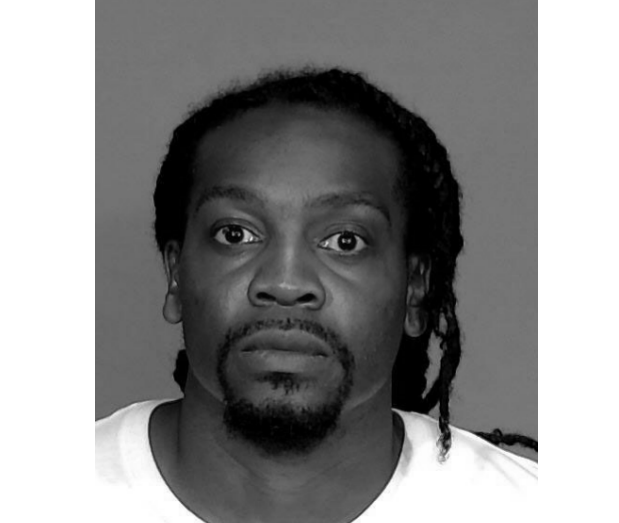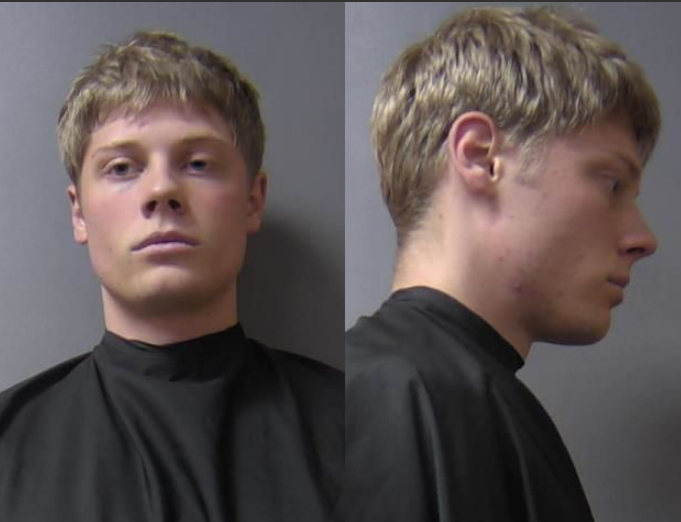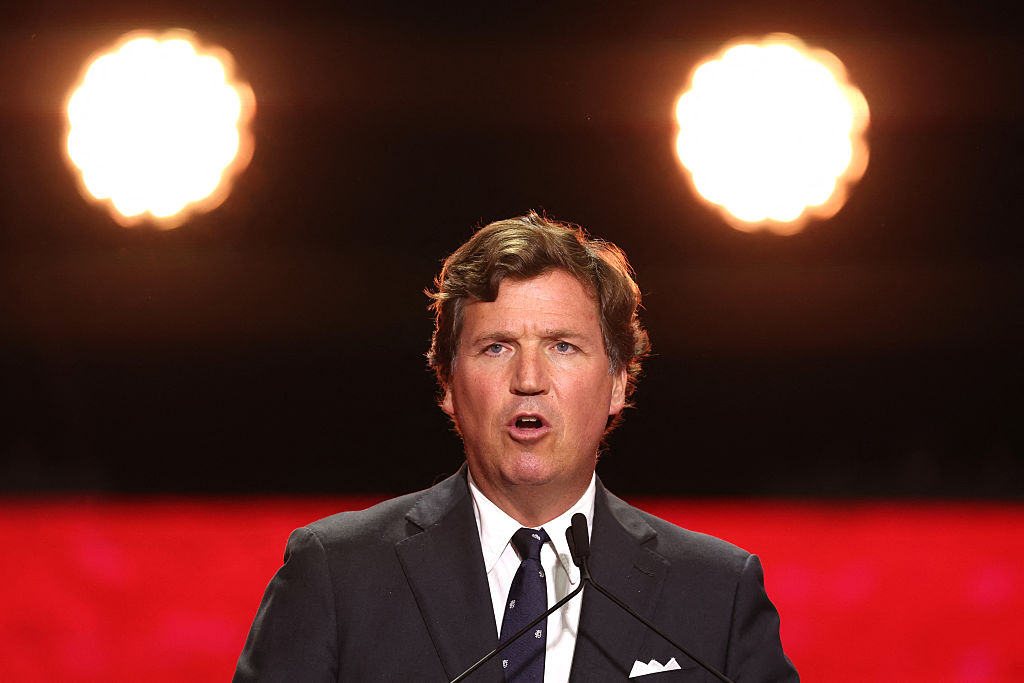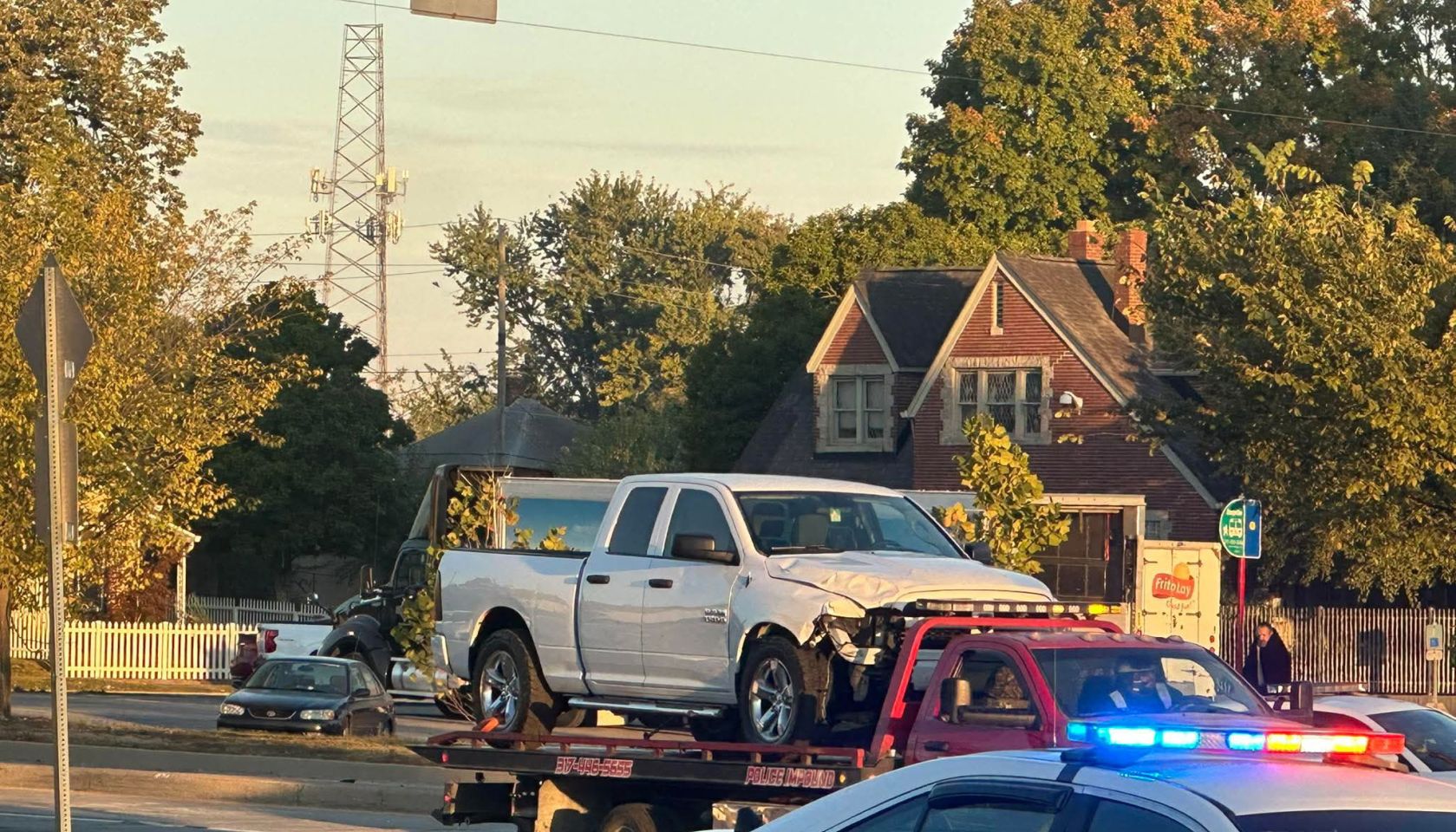State Rep. GiaQuinta Not Happy About Gov. Braun’s Special Session
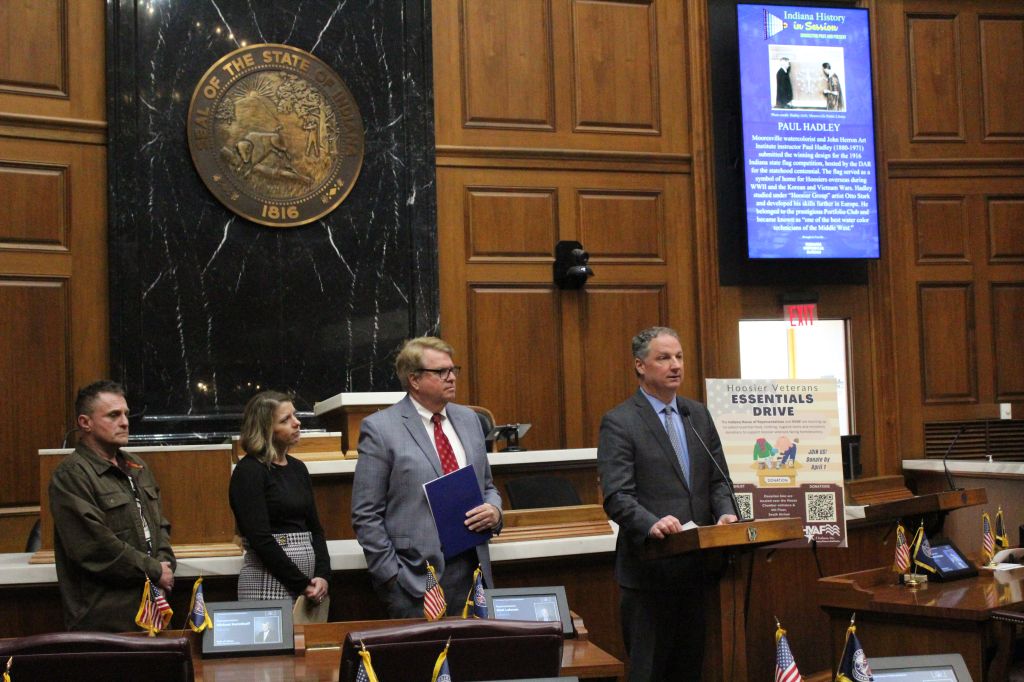
STATEWIDE — On Monday, State Representative Phil GiaQuinta, a Democratic leader, talked about Indiana Governor Mike Braun calling a special session November 3rd to discuss redistricting. He is not happy about it.
Braun’s call comes just a few years after the maps were redrawn following the 2020 Census. GiaQuinta insisted that the maps passed in 2021 were deemed “perfect” at the time by the Republican majority, and changing them now is a purely political move.
“I’m just very disappointed when in a time that we are facing so many other issues that are more important to Hoosiers,” GiaQuinta said. “The thing that is most concerning to us or the issues that are facing everyday Hoosiers are the costs of living, healthcare costs, and utility bills being too high.”
GiaQuinta dismissed Braun’s state reason for the special session, which is to “protect Hoosier voices” due to efforts in other state, as having “no idea what he’s talking about.” Instead, GiaQuinta believes the mandate to redraw those maps is “coming from Washington, D.C.” and that this top-down approach is disliked by independent-minded Hoosiers.
GiaQuinta is urging people across Indiana to contact their state representatives and senators immediately, saying their voices are the most powerful tool against the change.
“It’s going to be best for these Reps and senators to hear from folks who live in their districts, who know them and talk to them all the time on not just this issue but all other issues that come before us during the session,” GiaQuinta said.
He also acknowledged that some Republican members of the legislature have privately expressed concerns about the timing and necessity of the move. He warned that changing the rules “in the middle of the game” by redrawing the maps mid-decade to gain a political advantage could ultimately “backfire” on the Governor and the Republican party. GiaQuinta emphasized that any legislation brought forward should go through the regular, fair process, including public hearings, which were conducted four years ago.






